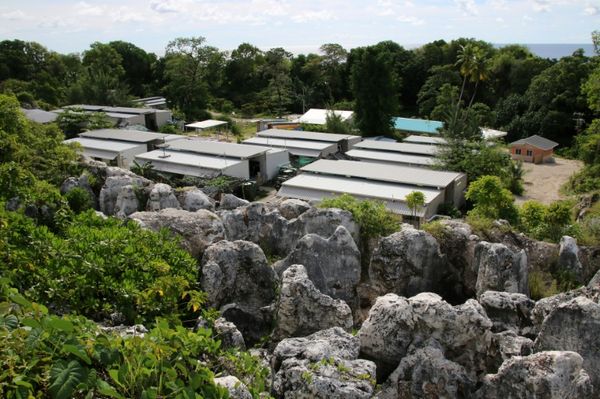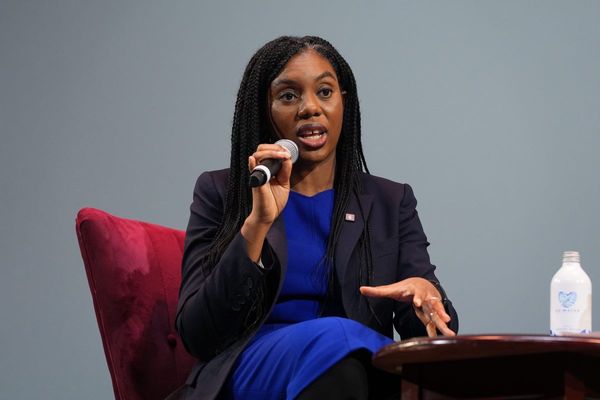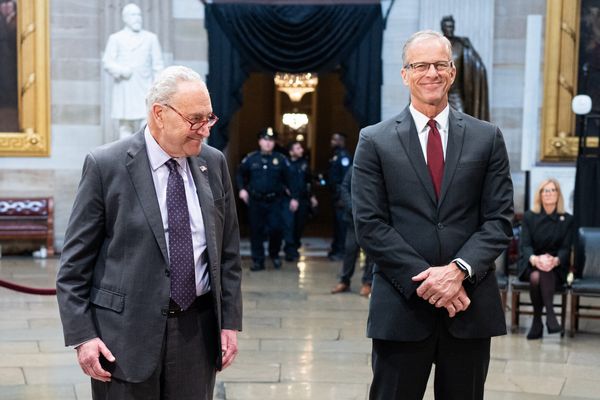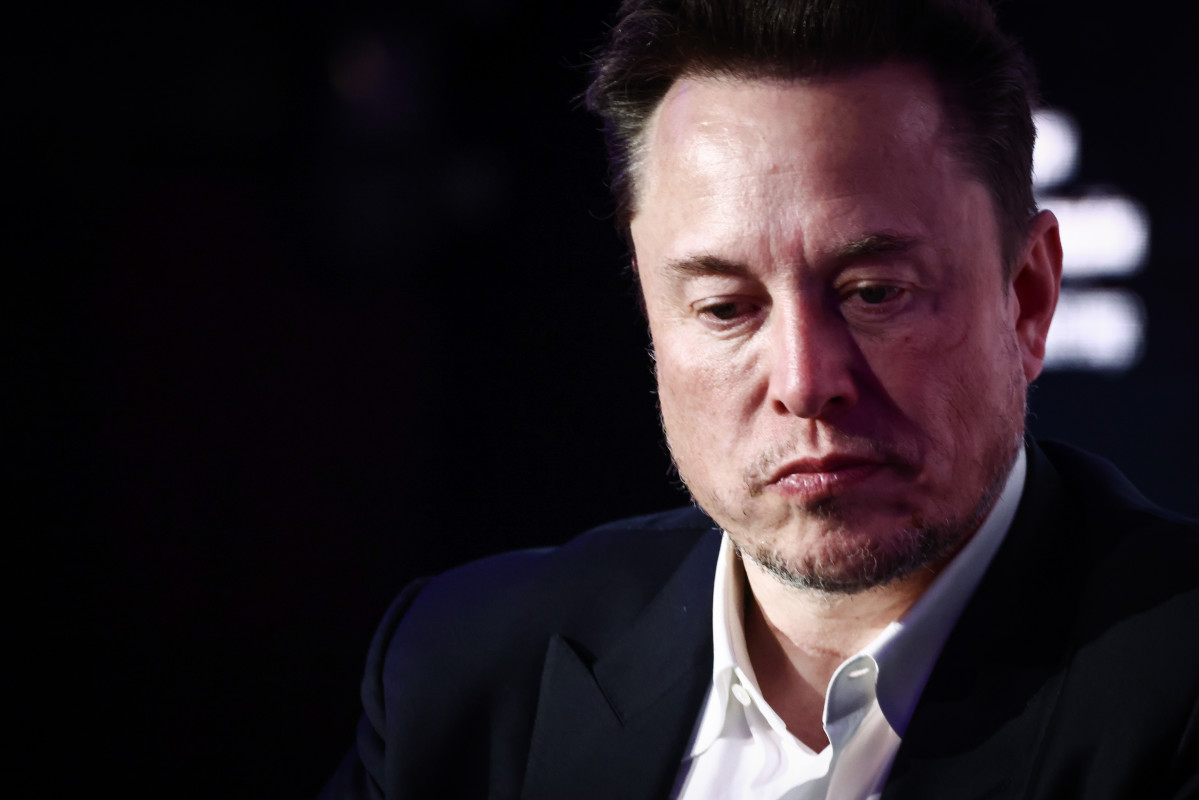
Tesla shares extended their extraordinary slump Monday and look set to open at the lowest level in more than 15 months, as investors brace for what could be a difficult first-quarter earnings report later this week.
Tesla (TSLA) , which has shed nearly $350 billion in market value this year, is suffering the second-longest drawdown of its share price since it went public in 2010. The slump has lopped more than $760 billion from its market value since the November 2021 peak.
The drop has been triggered in part by aggressive EV price cuts, narrowing profit margins and a strategy shift that looks to prioritize self-driving technologies over traditional car production in the coming years.
Elon Musk is also attempting to win shareholder support for a massive $55.8 billion pay package, first agreed in 2018 but rejected by the Delaware Chancery Court last year, that would see him reclaim a big portion of the ownership stake that he surrendered to raise cash for his $44 billion purchase of Twitter in 2022.
Musk hasn't pinned his future with the group on a successful appeal of the pay award, which was deemed “an unfathomable sum” by Chancery Judge Kathaleen McCormick, but he has said that he'll pursue his artificial-intelligence and robotics ambitions outside the Tesla structure if he isn't able to secure 25% of the company's stock.
His 13% stake makes him Tesla's biggest and most influential shareholder and he carries the full support of the board.
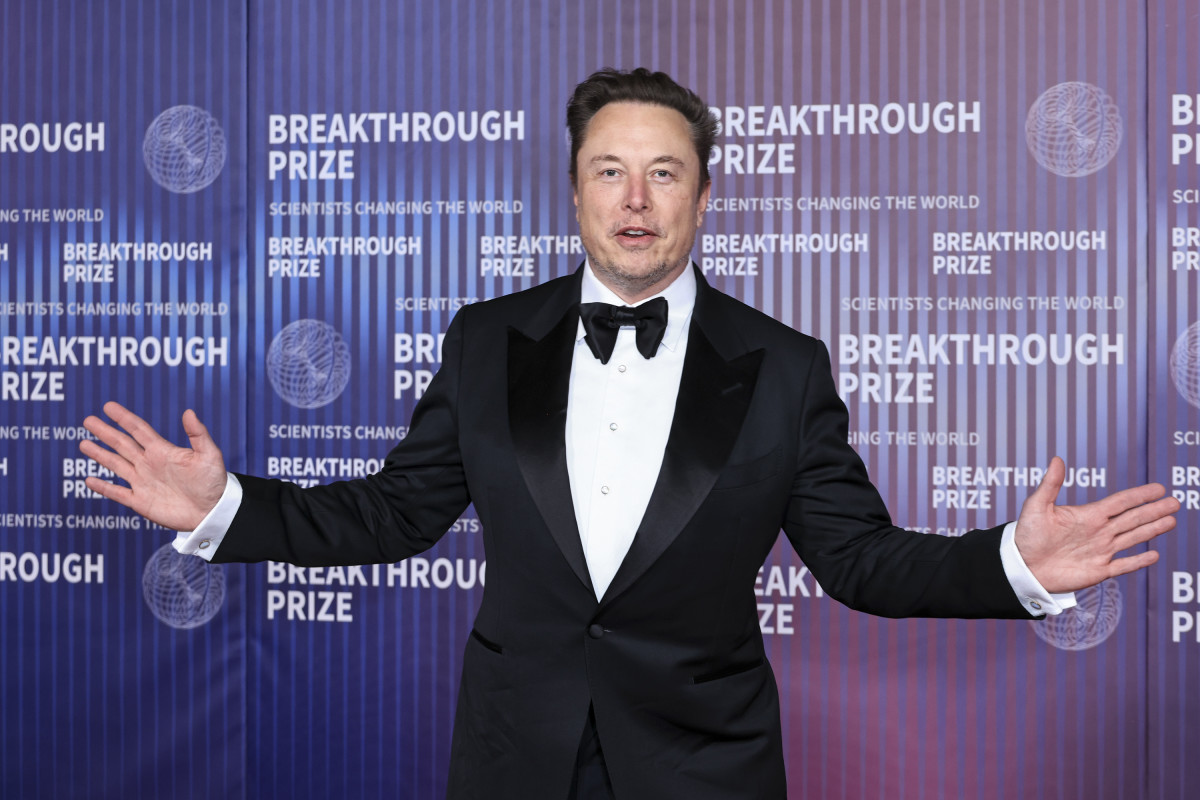
Still, the next few months could prove crucial for both the group's near-term performance as well as Musk's long-term commitment. He's lobbying shareholders to approve his 2018 pay deal, which he hopes will buttress his Delaware court appeal, and is preparing for the long-delayed unveiling of a Tesla robotaxi that could define the group's future.
Tesla pivoting to Full-Self-Driving, AI technologies
A least a portion of the definition was evident in last week's decision to execute the largest round of layoffs in company history. Tesla sacked as many as 14,000, or 10%, of its global staffers in what Musk called preparation for "our next phase of growth."
Musk has long argued that Tesla is a more than a carmaker. Rather, he sees it as a collective of tech-focused startups that he sees as pivotal to his broader ambition of a creating a world packed with self-driving cars powered by his company's AI-led technologies.
Morgan Stanley analyst Adam Jonas has said Tesla's DoJo supercomputer, which is powered by AI technologies, could add more than $500 million to Tesla's market value "through a faster adoption rate in mobility (robotaxis) and network services (software as a service)" over the coming years.
Not quite betting the company, but going balls to the wall for autonomy is a blindingly obvious move.
— Elon Musk (@elonmusk) April 16, 2024
Everything else is like variations on a horse carriage.
That could be why markets are so keenly focused on both the details of its first- quarter earnings report, slated for after the close of trading on April 23, as well as Musk's remarks to investors and analysts on the conference call that follows.
Wedbush analyst Dan Ives, who carries an outperform rating and a $300 price target on Tesla, says the April 23 conference call will be "one of the most important moments in the company's history."
Tesla earnings call in sharp focus
"The miscalculation of demand erosion in China has been a gut punch to the bull thesis, the Model 2 vs. Robotaxi debate has taken on a life of its own, major layoff including key assets for Tesla, and a global EV landscape that has turned Tesla from a Cinderella story to a horror show in the near term," he added.
A focus on robotaxis is likely to require scrapping a lower-priced Tesla model, which investors had expected to launch over the coming years. In turn that likely means a form of surrender to the intensifying competition of China-based rivals such as BYD, Nio and SAIC Motor.
Related: Analyst overhauls Tesla price target amid major strategy shift
It also puts a sharper focus on Tesla's plans to license its driver-assistance technology, which the company calls Full Self-Driving, and its potential to boost profit margins over the near term.
That was called into question over the weekend, however, when Tesla slashed the price of an FSD software subscription by nearly a third, to $8,000 per year.
More Tesla:
- Cathie Wood buys $22 million of battered tech stock
- Analyst revises Tesla stock price target after robotaxi news
- Top analyst reveals new Tesla price target ahead of Q1 earnings
The FSD price cuts were also matched by a series of changes to the cost of its Model Y, Model S and Model X lineup in nearly all its major markets, including China, Germany and the U.S. The changes will further pressure profit margins over the coming quarters.
Margins under more pressure from price cuts
Analysts already estimate that Tesla's first-quarter profit margins narrowed from a year earlier, with LSEG data suggesting a median estimate of 17.2%, with estimates ranging between 14.7% and 20%. That's thanks to aggressive price cuts, a slump in deliveries and ever-expanding inventories.
The EV maker handed over 387,000 new cars to customers over the three months ended in March, a 20% decline from the record 484,000 it notched over the final months of last year and the biggest miss to estimates since Wall Street began compiling data in the mid-2010s.
In terms of overall profit, analysts expect Tesla to post a bottom line of around 53 cents a share, down from 85 cents a share over the year-earlier period. Revenue is pegged to have fallen 5% to $22.15 billion, which would mark its first year-on-year decline since the 2020 pandemic.
Related: Analysts take aim at Tesla stock after Elon Musk makes unpopular decision
"I’m bracing for shares of Tesla to go lower after they report because consensus deliveries for 2024, 2025 and 2026 are likely too high," Deepwater Asset Management's Gene Munster said last week. "My long-term positive view is unchanged."
Tesla shares were marked 3% lower in early afternoon trading to change hands at $142.61 each, the lowest since January 2023 and a move that extends the stock's year-to-date decline to around 42.5%.
Short interest in the stock remains highly elevated, with data from S3 Partners suggesting it hit a 2024 high of 4.02% of the float outstanding last week. Short interest measures investors' bets that the stock price will drop.
Related: Veteran fund manager picks favorite stocks for 2024

